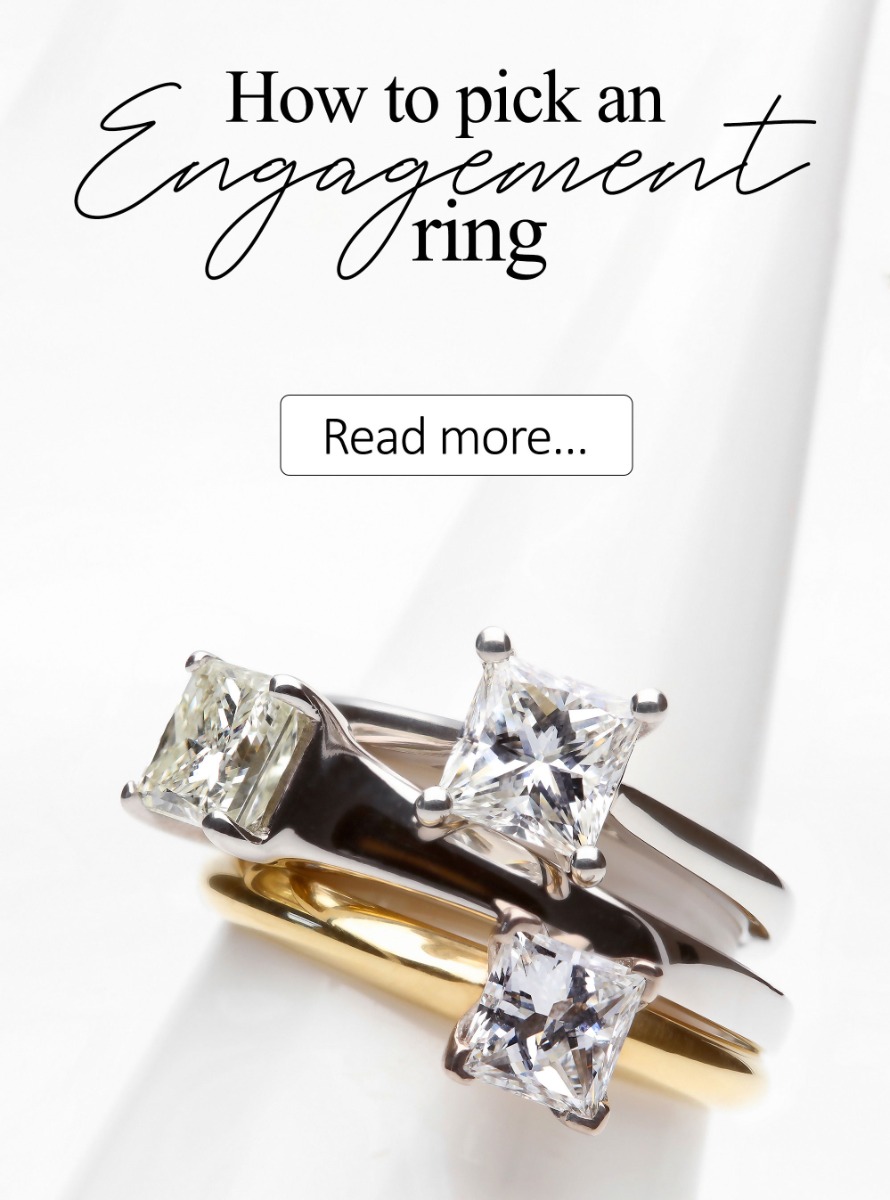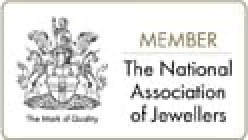Given the countless European names that dominate the luxury watch industry these days, you would be forgiven for thinking that the creation of timepieces belonged exclusively to the Swiss.
However, don’t dismiss dear old Blighty just yet. British brands created quite a splash at one of the biggest watch exhibitions, the SalonQP event, which was showcased at the Saatchi gallery in London earlier this month. A sprinkling of British-based watchmakers have now emerged, causing us to reminisce about a time when Britain led the way in the luxury watch industry.
Are British watchmakers a thing of the past?
The truth is that once upon a time Britain really did fly the flag for crafting luxury timepieces.
In the 17th and 18th Century, English watchmakers like Thomas Thompion and his apprentice Thomas Mudge manufactured many of the horological ideas that we still depend on today. After Mr Thompion’s death, George Graham took over the business and went on to craft the first detached lever escapement, a revolutionary advancement in the watch business that has been developed and is still an integral part of watch making to this day.
In 1800, Britain was accredited for making around 200,000 pieces a year, yet the shortage of skilled workers led the movement to become outsourced to America and Switzerland, where they were much more efficient in adapting mass production technologies.
Rolex’s British past
Unbeknown to many, Rolex utilises Swiss movements with British-born ideas and components.
In 1905, German watchmaker Hans Wilsdorf founded a specialist company with the aid of his English brother-in-law Alfred Davis. The London-based business had the vision of creating a wristwatch that was not only elegant but also reliable, which was unusual for the industry at the time. This company was christened Rolex.
At the time, it was common for watches in England to have the manufacturer’s name stamped on the case or movement, leaving the dial free for the retailer to add their own name. As Rolex was an unheard of brand, people would feel much more secure buying an item stamped “Harrods” on the dial instead of “Rolex”. According to Vintage Watch Straps, the choice of Rolex’s synoptic name created enough space for manufacturers to engrave both Rolex and the retailer’s name on the dial. Innovative thinking like this positioned Rolex above other watch brands in Britain at the time.
However, 1915 saw the British Government impose a tax increase on imported luxuries, such as watches, as part of the war effort. To avoid paying this tax, Wilsdorf moved his offices out of London, instigating the brand’s new adventure in Europe.
Modern watches are a hybrid of British design with Swiss manufacturing
Recent times have introduced a handful of independent brands determined to produce a variety of classic watches that resonate with traditional British style.
One brand that is at the forefront of British fashion is Uniform Wares, a modern collection of classically-stylish timepieces for men and women, designed and manufactured in Britain.
Although the watches import Swiss movements to create the final timepiece, this brand proves that exceptional quality doesn’t have to be crafted in a secret factory in Geneva, as the components are put together and finished to exceptional standards in the company’s workshop in Britain.
We recently added Uniform Wares pieces to our collection, so if you’re looking for a British-made luxury watch, you’re certainly in the right place.













